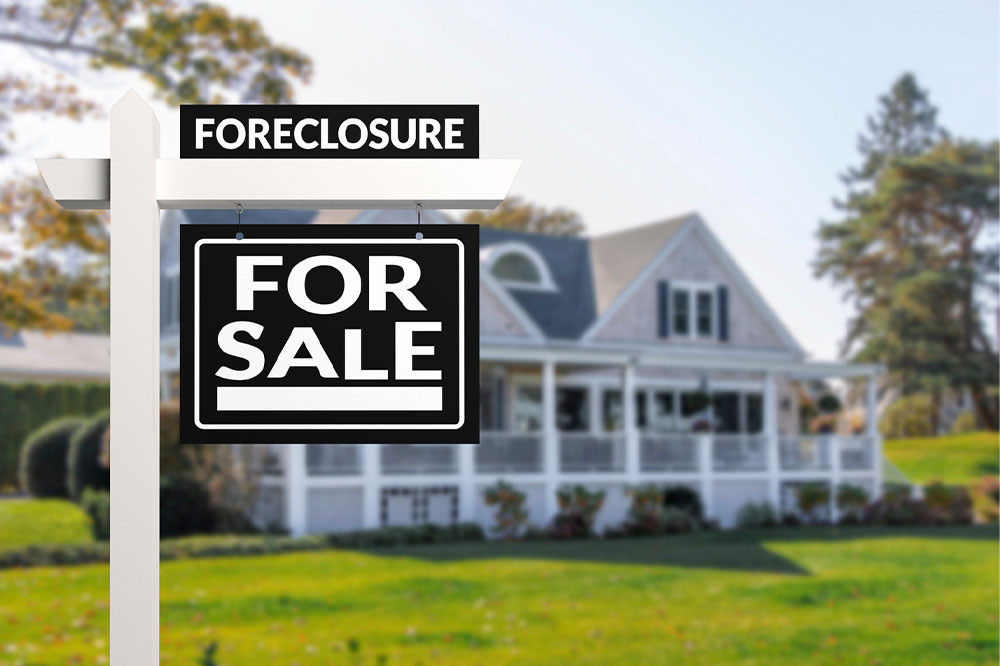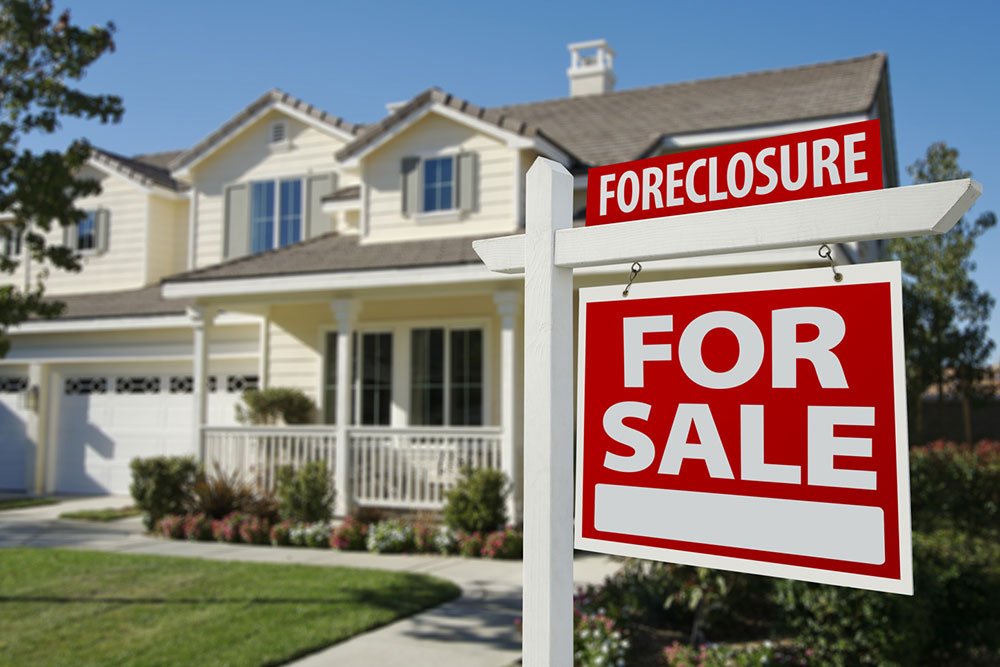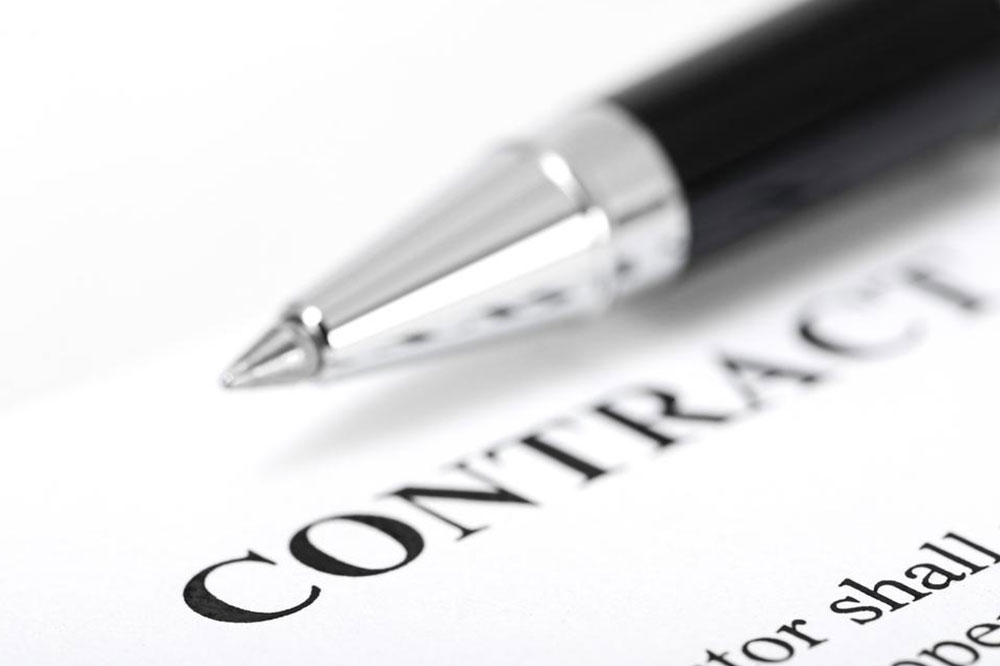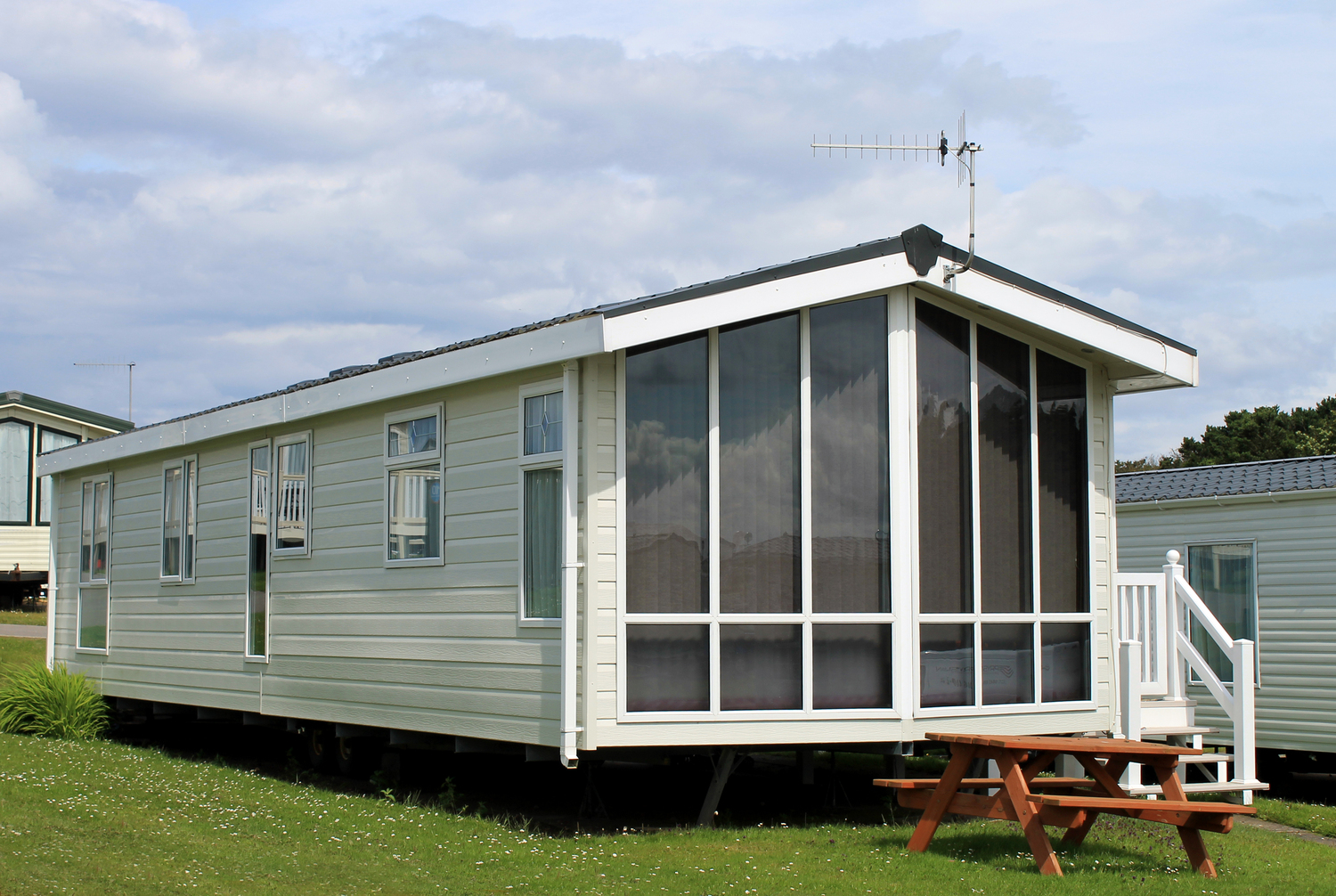Comprehensive Guide to Buying Bank-Owned Properties: Pros, Cons, and Strategies
This comprehensive guide explores the advantages and disadvantages of buying bank-owned properties. It highlights cost savings, equity potential, and market opportunities while discussing risks like delays, repairs, and legal issues. Strategic advice helps buyers navigate the purchase process effectively, making foreclosures a viable investment for those prepared for the challenges and opportunities involved.

In-Depth Exploration of the Advantages and Disadvantages of Purchasing Bank-Owned Real Estate
Bank-owned properties, commonly referred to as foreclosures, represent a unique segment of the real estate market. These properties are homes repossessed by lenders after homeowners default on their mortgage obligations. The foreclosure process enables banks to recover unpaid funds by selling the repossessed assets. For both investors seeking lucrative opportunities and homebuyers aiming for affordable housing, understanding the intricacies of buying foreclosed homes is essential. This comprehensive guide delves into the numerous benefits and potential pitfalls associated with purchasing bank-owned properties, providing valuable insights for making informed investment decisions.
Advantages of Investing in Bank-Owned Properties
1. Significant Price Discounts
One of the most compelling reasons to consider buying foreclosure properties is the potential for acquiring them at prices well below market value. Banks are motivated to sell repossessed homes swiftly to recoup their losses, often resulting in attractive offers for buyers. This discount creates an excellent opportunity for savvy investors and homebuyers to secure properties at a lower initial investment, which can be especially beneficial in competitive markets where rising home prices make affordability a challenge.
2. Building Equity and Wealth Over Time
Purchasing a foreclosure at a discounted rate enables owners to build equity as the property's value appreciates with neighborhood development. Over time, as surrounding properties increase in value and local infrastructure improves, the property's worth can grow substantially. This potential for equity appreciation makes foreclosures a strategic investment choice for long-term wealth accumulation. Moreover, owners can leverage this equity for refinancing, remodeling, or upgrading their homes.
3. Access to Larger or Premium Homes
Foreclosure properties often present opportunities to acquire larger, more luxurious homes or better locations that might have been financially out of reach initially. Some repossessed homes are in excellent condition or have been well-maintained, despite their distressed status. For buyers looking to upgrade their living arrangements without overspending, foreclosed homes can serve as ideal options, providing more space or amenities at a fraction of typical market prices.
4. Clear Title and Reduced Legal Complications
One of the advantages of purchasing foreclosed properties is the likelihood of obtaining a clear title. Banks usually settle any outstanding liens, back taxes, or legal issues before listing these homes for sale. As a result, buyers often face fewer obstacles related to ownership disputes, making the closing process smoother and more straightforward. This clarity helps reduce the risk of future legal complications that can sometimes arise with distressed properties.
5. Lower Competition for Foreclosed Homes
Compared to traditional home purchases, foreclosure sales often see less bidding competition from private homeowners, primarily because of longer or more complex transaction processes. This diminished competition can benefit serious buyers, allowing them to negotiate better terms or secure properties through cash deals with relative ease. Fewer bidders translate into increased chances of acquiring the property at favorable prices, especially in a fast-paced real estate environment.
Potential Drawbacks and Risks of Buying Foreclosure Properties
While the benefits of foreclosed property acquisition are notable, prospective buyers must also be aware of the associated risks and challenges that can influence the overall investment experience.
1. Lengthy and Complex Purchase Process
One of the primary hurdles in acquiring bank-owned homes is the extended closing timeline. Foreclosure transactions can take anywhere from several weeks to several months, depending on the property's condition, legal complexities, and state laws. Buyers seeking quick ownership without patience for prolonged escrow periods may find this process unsuitable for their needs. Proper planning and realistic expectations are crucial when dealing with foreclosures.
2. Undisclosed Repairs and Damage
Many foreclosure properties have suffered neglect or vandalism during their vacancy. Hidden issues like structural damage, mold, pest infestations, or outdated systems may not be immediately apparent during initial inspections. Buyers risk significant repair and renovation costs if they do not conduct thorough due diligence beforehand. Engaging professional inspectors and assessing potential repair expenses is vital to avoid unforeseen financial burdens.
3. Presence of Squatters or Unlawful Occupants
Vacant foreclosure homes can attract squatters or individuals occupying the property illegally. Removing these occupants legally involves eviction proceedings, which can be time-consuming and costly. Buyers must be prepared to handle eviction processes if necessary, and ensure they adhere to local laws regarding property possession. Failing to resolve occupancy issues can delay ownership and increase costs.
4. Possible Ongoing Legal or Title Issues
Although banks strive to clear titles pre-sale, there remains a risk of undiscovered legal encumbrances or unresolved liens. Buyers should conduct comprehensive title searches and title insurance to protect against future disputes. Neglecting this due diligence could result in unforeseen liabilities post-purchase.
5. Market and Economic Risks
Investing in foreclosed properties also entails market risks. Economic downturns, declining neighborhood development, or declining property values can diminish the investment's profitability. Buyers should evaluate local market trends thoroughly before committing to a foreclosure purchase.
Strategic Tips for Successfully Acquiring Foreclosed Properties
To navigate the complexities and maximize the advantages of buying bank-owned homes, prospective buyers should adopt strategic approaches.
Partner with experienced real estate agents familiar with foreclosure markets.
Secure pre-approval for financing to streamline the purchasing process.
Conduct detailed inspections and evaluations of the property's condition beforehand.
Research local laws and eviction procedures related to foreclosure properties.
Be prepared for longer closing timelines and plan finances accordingly.
In conclusion, purchasing bank-owned or foreclosure properties can be a highly advantageous but complex investment strategy. When approached with thorough research, professional guidance, and realistic expectations, foreclosures can offer exceptional value, potential for appreciation, and opportunities for personal or financial growth. Carefully weighing the benefits against the risks ensures informed decisions and successful property acquisitions in the dynamic real estate landscape.





